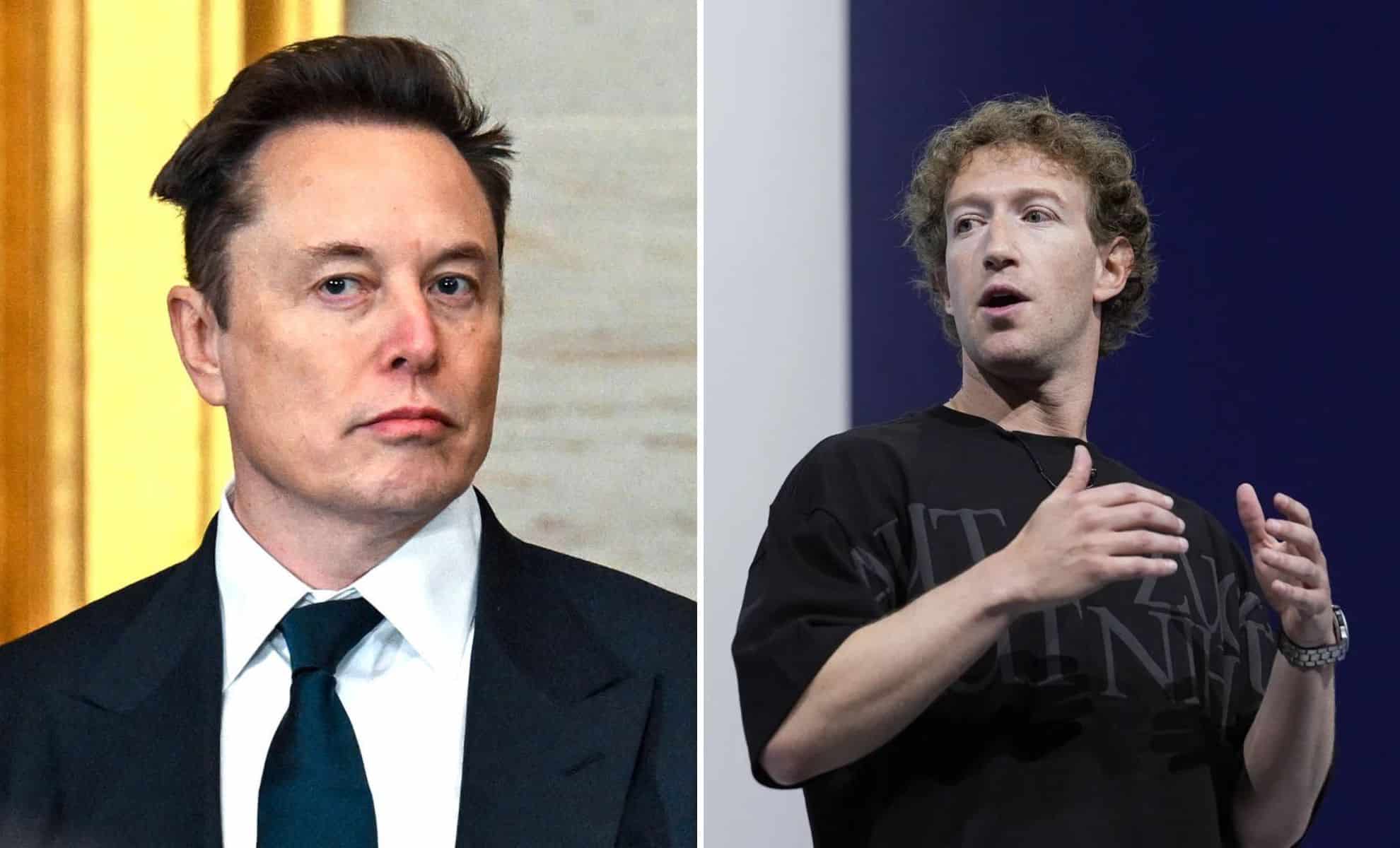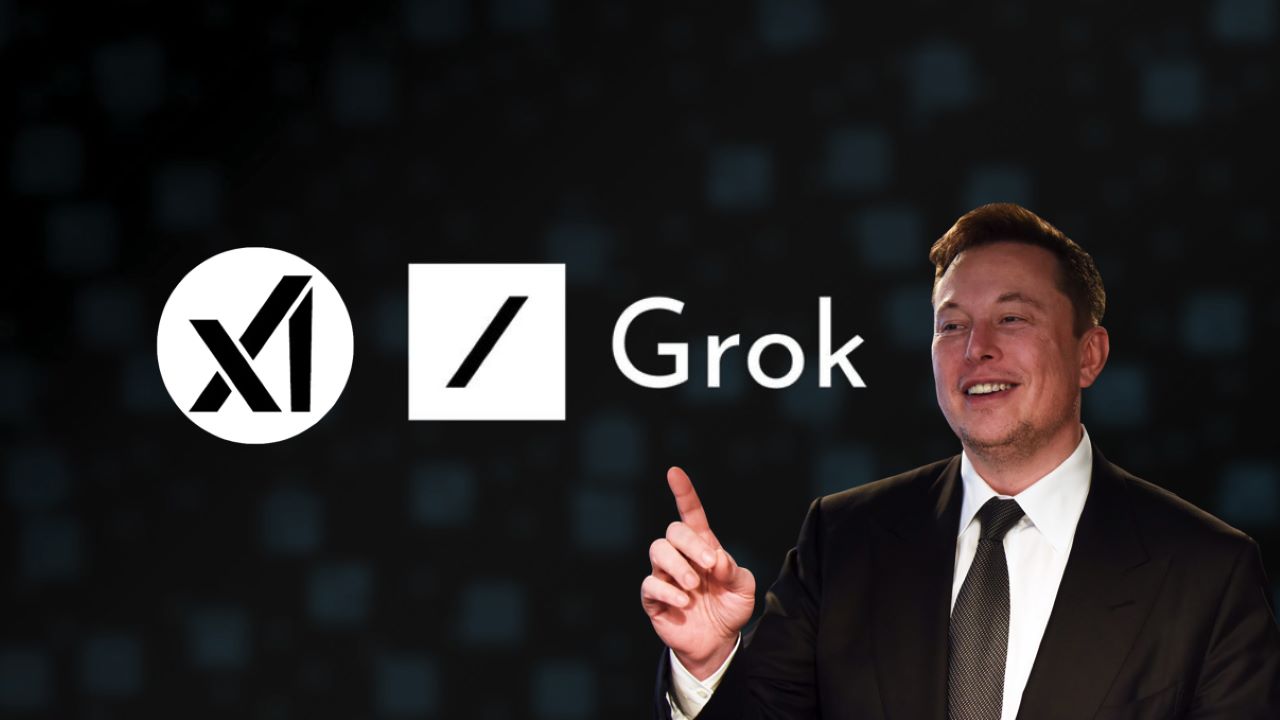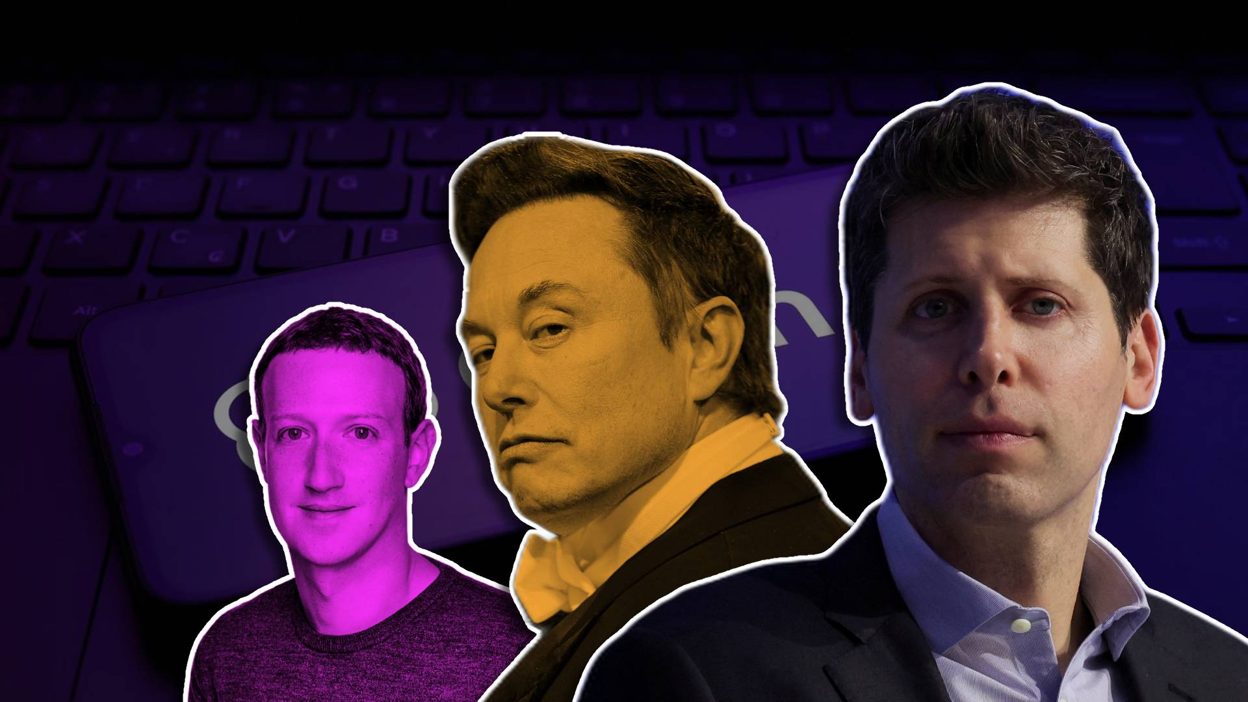Without the need for generous salaries and stock bonuses like Meta used to attract AI engineers, Elon Musk’s xAI company still recruited more than 10 of Meta’s top AI engineers.
The war for talent in the field of artificial intelligence has seen a surprising development when at least 14 top engineers and AI researchers from Meta decided to leave the company to join billionaire Elon Musk’s xAI since January.
Notably, these experts rejected extremely attractive financial offers from Mark Zuckerberg to move to a much smaller startup.
Among those leaving Meta are Xinlei Chen, a research scientist in Meta’s Fundamental AI Research division specializing in multimodal AI, Ching-Yao Chuang, who worked on vision and video, Alan Rice, who was a key data center manager, and Sheng Sen, an AI scientist who helped scale Meta’s flagship Llama models.
These names are all considered highly skilled experts in key areas of AI technology.

According to industry sources, Zuckerberg has offered huge financial incentives to retain talent, including signing bonuses in the hundreds of millions of dollars, direct access to Meta’s CEO, and unlimited resources.
Sam Altman, CEO of OpenAI, revealed on the Uncapped podcast that Meta has offered contracts worth more than $100 million a year plus huge bonuses to lure talent away from competitors.
Still, these engineers decided to move to xAI without the “insane” initial compensation that Musk bragged about on social media X.
He claimed that “many strong Meta engineers have joined xAI without the insane initial compensation.”
The billionaire also stressed that xAI has “market cap growth potential that far exceeds Meta” and operates on an “extremely merit-based” basis.
According to industry experts, the main reason these top engineers left Meta was not simply financial.
A key factor cited was the company’s mission and vision.
While Meta focused on building AI to dominate commerce, xAI aims to build General Artificial Intelligence to “maximize the search for truth.”
This creates a strong appeal for engineers who want their work to have an impact on the future of humanity.

The second factor that is said to have a big impact is the speed of development and the working environment.
At Meta, it can take months to bring a new product to market, with complex approval processes.
At xAI, on the other hand, ideas can become products in just a few weeks thanks to less bureaucracy, complicated committees, and unnecessary meetings.
Musk’s unique strategy also includes tapping talent from other companies in his ecosystem.
More than 40 former Tesla employees have joined xAI, bringing hardware expertise that Meta cannot buy.
Daniel Rowland, who once led Tesla’s Dojo supercomputer, is now building xAI’s Colossus data center.
The combination creates a unique competitive advantage as xAI brings in AI researchers from Meta, systems engineers from SpaceX, and hardware experts from Tesla.
Meta, however, has a different take on the matter. A company spokesperson said that “some departures are normal for any organization of this size.”
The company also confirmed that none of the researchers who left were part of TBD Lab, the division tasked with overseeing Meta’s new efforts to create superintelligence.

AI talent is becoming a target of the big players in the technology industry.
Andrew Bosworth, chief technology officer at Meta, noted that Mr. Altman failed to mention how his AI company is dealing with these massive offers to retain employees.
He said “the market is setting a price for a level of talent that is truly incredible and unprecedented in my 20-year career as a technology executive.”
This talent scramble comes as all major companies are racing to develop superintelligence, a form of near-general artificial intelligence that can think for itself and is much smarter than humans.
Meta has undergone major changes this year, including the $14.3 billion acquisition of Scale AI and the decision to abandon its previous AI model, Behemoth, after it failed to live up to expectations.
Interestingly, despite Musk’s boast about “stealing” talent from Zuckerberg’s AI team, recent court documents reveal that he also offered to partner with Meta in a hostile takeover of billionaire Sam Altman’s OpenAI.
Musk sent a letter to Meta proposing a $97.4 billion acquisition of OpenAI, but Zuckerberg did not sign the letter.
The ripple effects of this war for talent are reshaping Silicon Valley.
Microsoft has begun to match Meta’s offers, Google has acquired entire startups to acquire their teams, and OpenAI’s CEO calls the compensation “on the level of professional athletes.”
The harsh reality for Zuckerberg is that the elite group of AI researchers is small, and as he himself admits, whoever has the most people will win in the future of AI.
Leave a Reply